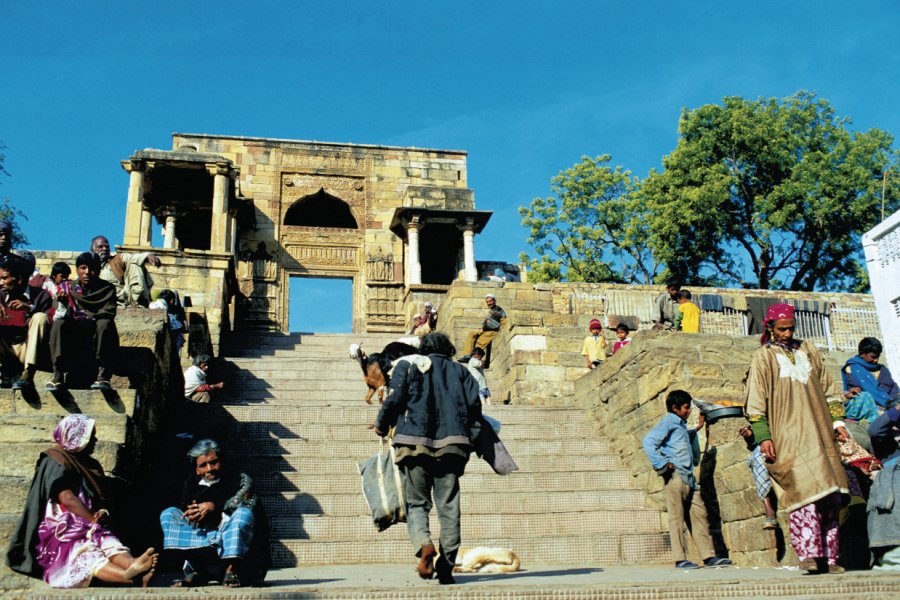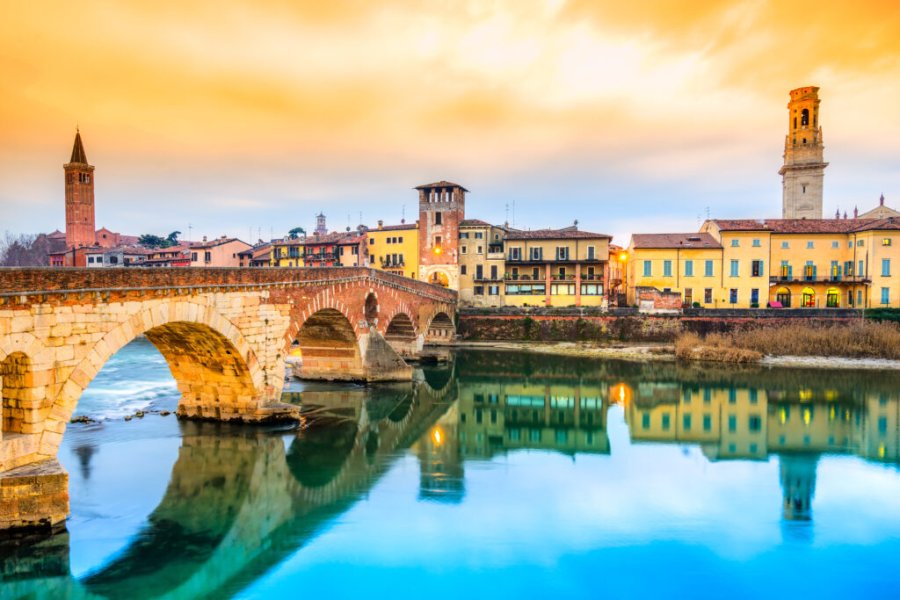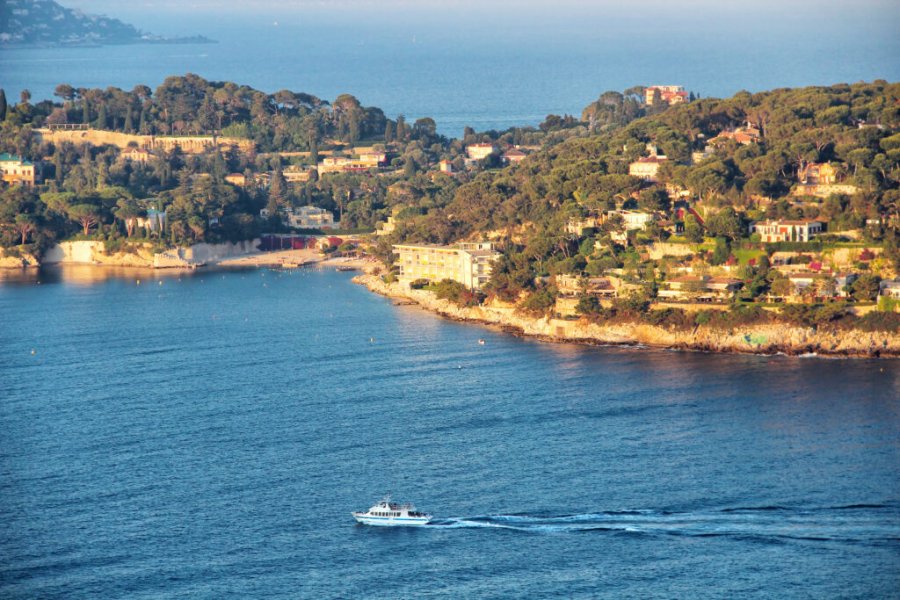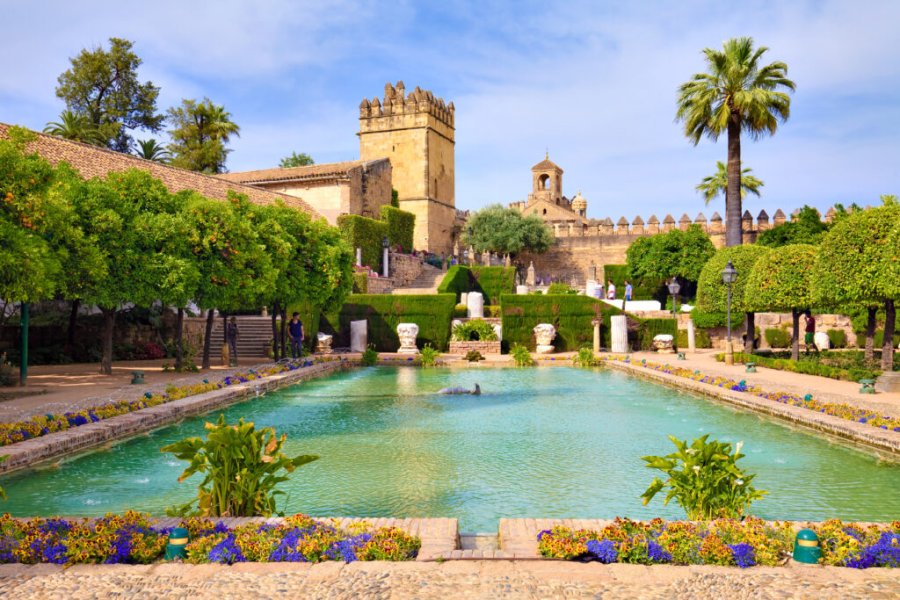Travel Guide Ajmer
Find an accommodation
Advertising
Ajmer, once the seat of Mughal power, became the seat of the British administration of Rajputana. Today, it is an example of religious tolerance. Its original architecture, a blend of Hindu and Muslim influences, gives it a unique atmosphere. Built on the edge of a man-made lake, surrounded by mountains and crossed by the road linking Delhi to the ports of Gujarat, Ajmer is one of India's main Muslim pilgrimage centers. This is where Maïn ud-Din Chisti was buried, a Sufi saint and zealot of Islam who arrived in the wake of the armies of Mohammed of Ghor at the end of the 12th century. The tomb, or dargah, of the pious figure is the scene of a huge annual gathering, the Urs. Thousands of pilgrims flock from all over the sub-continent. The 2 1/2-day mosque was built using pillars taken from Hindu temples. The Nasiyan Jain temple is richly decorated with woodwork and paintings, a far cry from the usual marble edifices. Ajmer is a quiet town of 630,000 inhabitants. The atmosphere of the Muslim bazaar is unique in India, and locals often refer to it as "mini-Pakistan". A must-see on the way to Pushkar, it's well worth stopping for a night. You'll need a full day to visit all the sites.
What to visit Ajmer?
Advertising
Weather at the moment
Advertising
Organize your trip with our partners Ajmer
Transportation
Book your plane tickets
Car Rental
Boat rental
Accommodation & stays
Find a hotel
Holiday rental
Find your campsite
Tailor-made trip
Immersion travel
Services / On site
Activities & visits
Find a doctor











